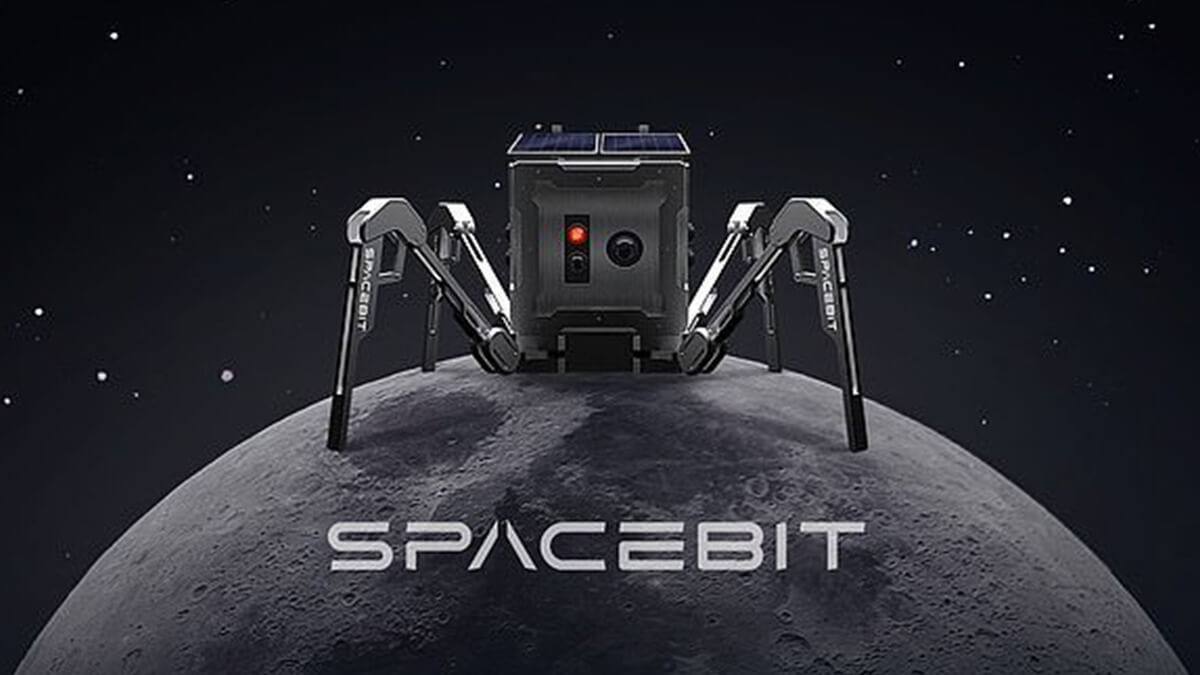World’s smallest walking rover ready to explore the moon

The rover will carry 14 NASA instruments to the moon.
On Thursday, a tiny lunar rover which will explore the moon on foot in 2021 was unveiled in London. The new concept partnered with the latest technology will send data back to a larger mothership, which will transmit it back to Earth. This lunar rover will have four legs rather than wheels.
In order to get the rover on board their Peregrine lander, UK startup Spacebit signed a contract with US space robotics company Astrobotic. It will carry 14 NASA instruments to the moon. When the lander will reach the moon’s surface, the rover will drop from beneath it to the surface and attempt to explore a lava tube. In an interaction with Reuters, the SpaceBit founder and CEO Pavlo Tanasyuk said, “It’s very important to explore the lunar tubes to know the environment that we have there so potentially humans can live in those lunar tubes when they go back to the moon.”
According to SpaceBit, this rover is the smallest lunar rover ever and it incorporates some off-the-shelf parts which to an extent has reduced its cost. “We believe that in space exploration what is important is to have low-cost missions and this rover provides potential for very low-cost missions. It’s many, many times cheaper than any competition on the market,” Tanasyuk stated.
“In the future we’re going to commercialize this robot by selling the data we get from the moon’s surface… very valuable data for the future human missions on the moon. And also we are planning to potentially go into mass production of this rover so we can explore our solar system and run low-cost missions to the moon and beyond,” he concluded.
Tim Peake, a British astronaut welcomed the new Spacebit project and also said the UK’s plans to efficiently develop its space industry would not be affected by Brexit. “The European Space Agency is not part of the EU so Britain’s membership of ESA post-Brexit will still be confirmed,” Peake was quoted saying.
Stay tuned for further updates.


